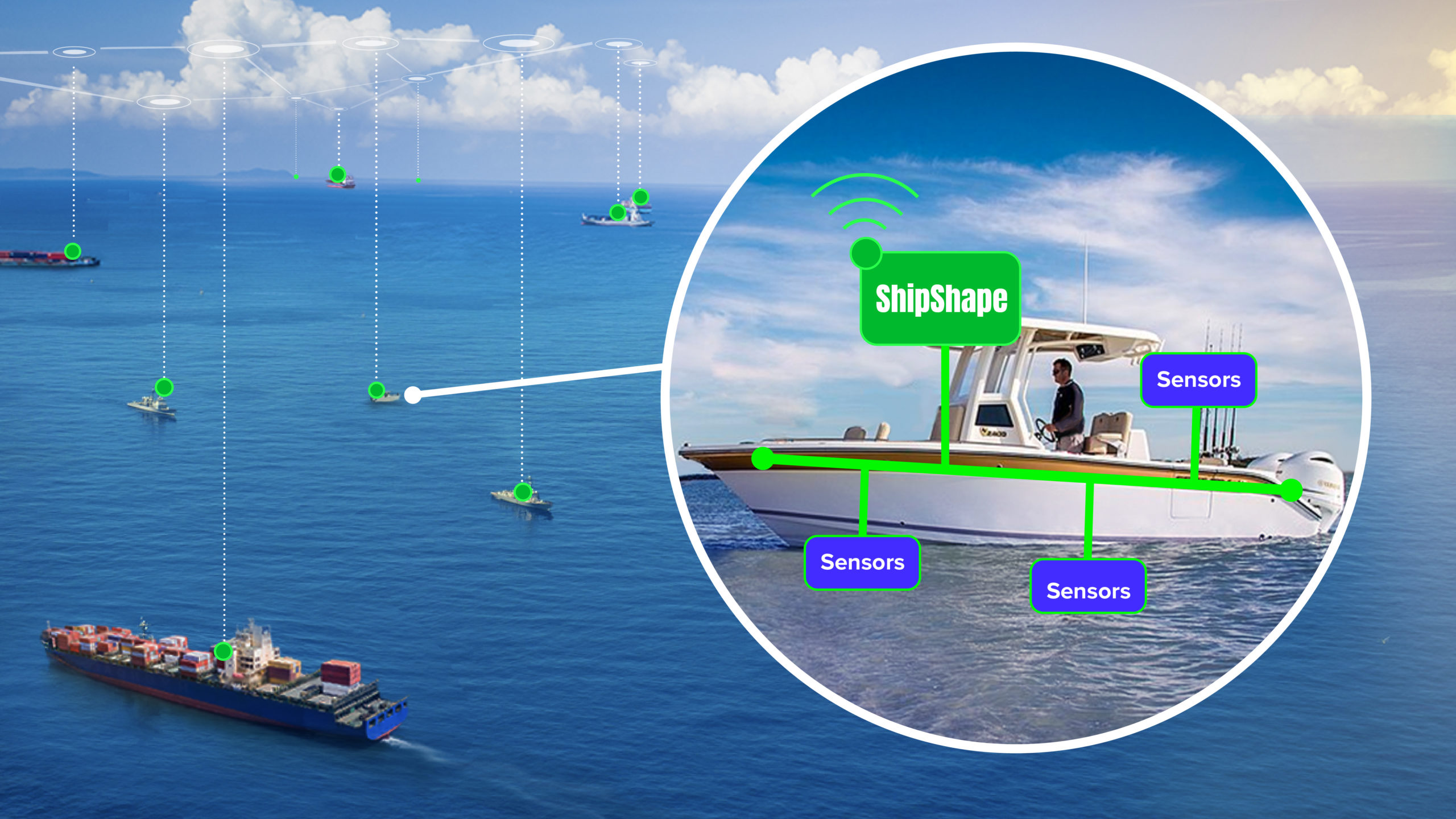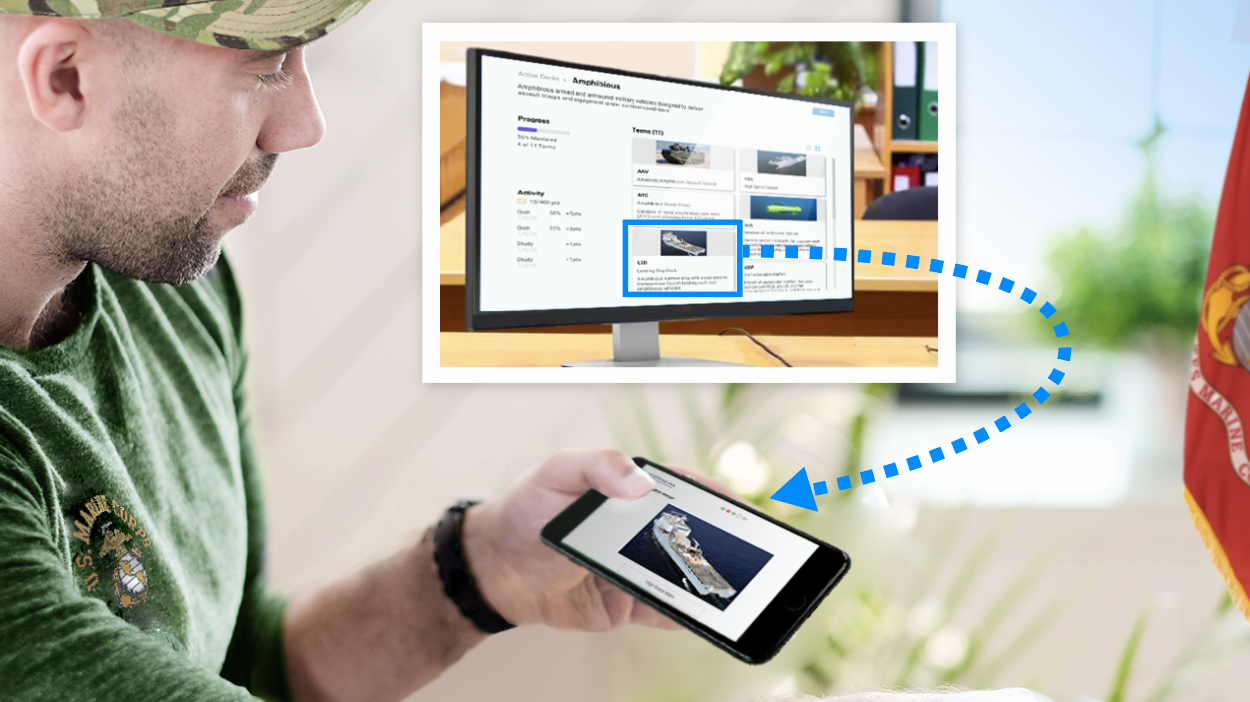Charles River Analytics won a $225K contract from the Defense Advanced Research Projects Agency (DARPA) to research and develop a low-cost device that can collect and analyze data from isolated vessels at sea. Such crowdsourced data can help others navigate the same waters.
Seafaring vessels routinely collect data sets for live operations then discard them after they have served their immediate purpose. But systematic retrieval, storage, and analysis of such data can yield valuable insights that can aid both short- and long-term operations.
ShipShape from Charles River Analytics collects and stores data from vessels spread out over time and space, instead of a conventional use-once-and-discard approach. ShipShape uses smart monitors to extract data—rate of turn, roll, speed, depth, position, water temperature—from existing sensors on boats and can deliver real-time insights about vessel performance. ShipShape also homogenizes data sets that might be in different formats and routes them securely to cloud-based databases for further analysis and insights.
The project grew from DARPA’s interest in having ocean data available to a large number of parties, including citizen scientists and recreational boaters, says Curt Wu, Chief Software Engineer and Principal Investigator of ShipShape. Boat owners, marine technicians, and insurance underwriters are expected to find the vessel data useful, while maritime data brokers, commercial shippers, and citizen scientists will likely find additional insights with the maritime data collected.
The project, which ran through August 2022, targeted recreational boaters who, in surveys, shared that their primary concerns relate to maintaining security and safely operating the boats. Charles River developed an app for recreational boaters that creates alerts to problems such as high-speed operations or if the boat is taking on water or is on fire. ShipShape also alerts users to bad sensors. “If you rely on your GPS and use a compass as backup, but if your GPS is wildly different from your compass, you want an alert because GPS is critical for navigation,” Wu says.
While other programs that alert owners about boat safety do exist, ShipShape offers more by storing data long-term. By analyzing data over time, ShipShape is expected to deliver predictive maintenance, alerting users when onboard engines are about to fail. “We can be proactive about repair and warn users much before failure even happens; that is one of our biggest use cases,” Wu says. ShipShape will also likely be available at a lower price point than other equivalent products for recreational boaters. In addition, says Wu, ShipShape offers an option that uses sensors and hardware components that might already be onboard. Full customization to access a range of data other than what sensors already provide is also a possibility.
Once ShipShape finds a place with recreational boaters, commercialization will extend to work boats and commercial shippers. Real-time data can also help larger cargo ships optimize routes, especially during severe weather events. This is an advantage, especially as global supply chains are increasingly coming under the spotlight, Wu says.
The scale of operations for commercial operations means even incremental savings using ShipShape can yield rich dividends. “Even if you increase efficiency by ten percent, that’s a huge deal for these companies,” Wu says.
Contact us to learn more about ShipShape and our capabilities in cybersecurity and marine systems.
This material is based upon work supported by the Defense Advanced Research Projects Agency (DARPA) and Naval Information Warfare Center Pacific (NIWC Pacific) under Contract No. N66001-22-C-4006. Any opinions, findings and conclusions or recommendations expressed in this material are those of the author(s) and do not necessarily reflect the views of DARPA or NIWC Pacific.





